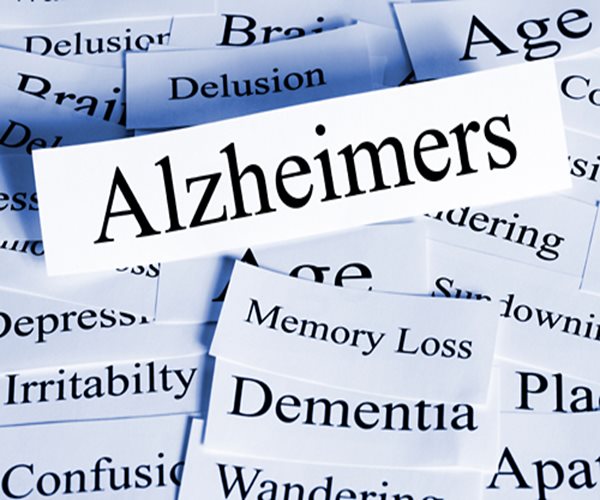Alzheimer’s is a debilitating disease that robs over 5 million Americans of their memories. The CDC expects that the number of affected people will rise to 14 million by 2050 unless the right preventive treatment is taken. It can be very painful for the person suffering and their friends and family. Fortunately, advances in medicine are making it easier to spot and treat Alzheimer’s. New technology makes it easier for neurologists to identify the warning signs in the early stages, so preventive treatment can be taken.
New Technology is Leading the Fight Against Alzheimer’s
Over the last decade, tremendous progress has been made in the fight against Alzheimer’s. Medical scientists have developed a number of new tools to diagnose it. While these tools don’t cure or reverse the disease, they can at least help slow the progression. Here are some new developments that you should be aware of. The First Blood Scan for Diagnosing Alzheimer’s In 2005, a team of researchers from New York University developed a new blood test, which can help identify warning signs of Alzheimer’s. The researchers stated that the tools helped medical providers develop the best treatment programs for their patients, such as finding the right drug regimens and therapeutic programs. William Thies, the vice president of medical and scientific affairs at the Alzheimer’s Association told Health Day that the new test will be invaluable for years to come. “We already have medications coming down the pike that are going to change the course of the disease,” Thies stated. “As those medications come online, there’s going to be a tremendous need to identify Alzheimer’s disease earlier and earlier.” New Eye Scans Measure Brain Activity For years, neuroscientists didn’t understand the link between eyes and the brain. They finally have a more detailed understanding, so they can take retinal scans to measure brain activity. Six months ago, a team of researchers developed an eye scan that can help identify symptoms of Alzheimer’s disease. The new study was demonstrated at the Association for Research in Vision and Ophthalmology (ARVO). New Brain Scan Was Developed this Year A number of brain scans have been developed to diagnose Alzheimer’s disease. However, the most effective were released earlier this summer. How does the new brain scan work? According to researchers at the University of California, they take images of the brain to look at tangles of tau proteins and amyloid plaques. While the definitive cause of Alzheimer’s is still unknown, researchers have noticed there is a strong link between these symptoms and the disease. Dr. James Pickett, Head of Research at Alzheimer’s Society, has praised the new procedure. “It can take months, and sometimes years, for some people to get diagnosed with Alzheimer’s and so a definitive way to diagnose the disease would be a big leap forward.”
How Will these New Tests Be Applied?
Medical researchers are constantly looking for new ways to treat and diagnose dementia. This will be one of their top priorities in the coming years because an aging population will lead to more cases. They may not be able to prepare for the epidemic unless they minimize the number of cases. They will need to conduct tests of all middle aged people that could be at risk. This includes patients receiving Drug Rehab Treatments Florida since patients suffering from substance abuse tend to be at a higher risk of developing Alzheimer’s and other forms of dementia. Tests will also need to be prioritized for patients with a family history of dementia. Hopefully, identifying the warning signs early on can help stave off an epidemic.







